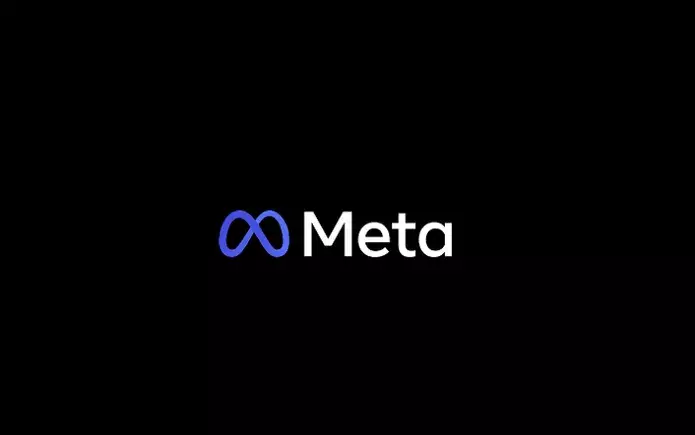In a significant recent development, Meta has secured a crucial legal victory that could reshape the landscape of privacy protection against malicious spyware. This case, stemming from an incident involving their popular messaging platform, WhatsApp, symbolizes a turning point in the battle against covert surveillance methods that threaten user confidentiality. The 2019 breach, which allowed hackers to infect users’ devices without their knowledge, has raised critical questions regarding the security of personal data in an increasingly digital world.
The incident revealed that failed video calls could serve as a gateway for malware, exposing thousands of users to potential exploitation. Meta’s commitment to investigating the breach was immediate, collaborating with cybersecurity specialists from Citizen Lab to get to the bottom of the attack. As they delved deeper into the situation, it became evident that the real culprit was the spyware tool known as Pegasus, developed by the Israeli firm NSO Group. This software’s insidious capability to surreptitiously extract sensitive information from users raised alarm bells across the tech industry.
Shining a Light on Covert Surveillance
Meta’s not-so-subtle approach focused on holding NSO accountable for the implications of its creations. Unlike traditional lawsuits where individuals might face the consequences, Meta aimed at the source of the problem rather than the end-users being victimized by such tools. This unique stance has implications far beyond the confines of this specific case. By targeting NSO, Meta sought to send a strong message about the ethical ramifications of creating software designed for exploitation.
In their pursuit of damages, Meta emphasized how Pegasus can access everything from financial details to personal communications—in effect, transforming mobile devices into potential surveillance tools. This case effectively amplifies the conversation around user consent and the ethical responsibility software companies have in safeguarding individuals from unauthorized access to their personal lives.
The Broader Implications of the Verdict
This legal triumph for Meta highlights a critical precedent in the ongoing fight against spyware. As the federal jury sided with Meta’s assertion, it opened doors for more lawsuits, placing a heavy spotlight on the questionable practices of companies that develop such surveillance software. The prospect of other lawsuits could lead to a ripple effect, encouraging tech companies and developers to reassess the ethical implications of their products.
For years, the argument from developers like NSO has been that their software could serve legitimate purposes, a justification that has allowed them to sidestep accountability. However, this case demonstrates that the legal system is beginning to recognize the inherent risks these tools pose in the wrong hands, especially in spheres where data privacy is paramount, like social media and messaging apps.
Shifting the Balance of Power
This victory isn’t merely about retribution; it’s about redefining industry standards. The ruling could serve as a powerful deterrent against the proliferation of spyware that invades personal privacy without consent. By drawing a clear line in the sand between legitimate software use and malicious exploitation, Meta’s actions set the stage for a problem that other tech firms must now face head-on.
Notably, the legal pathway paved by this case could inspire other social media companies to rally towards stricter regulations and accountability measures against spyware developers. The ripple effect may streamline legislation governing user privacy rights, and possibly lead to stricter controls over developers who engage in nefarious practices.
As digital ecosystems continue to evolve, so too must the legal frameworks governing them. The significance of this legal battle cannot be overstated—it’s an awakening within the industry that recognizes the urgency to protect users from emerging cyber threats while reaffirming the principle that user privacy should never be compromised for the sake of technological advancement.
The Meta lawsuit stands as a beacon of hope for advocates of digital privacy, reinforcing the idea that no entity, be it a developer or a corporation, is above the law. This case is emblematic of a broader movement towards accountability in an age where our very lives are interwoven with technology. The shift in focus to holding corporations responsible for their products sets a precedent that could ultimately reshape the future of tech development and user privacy.

